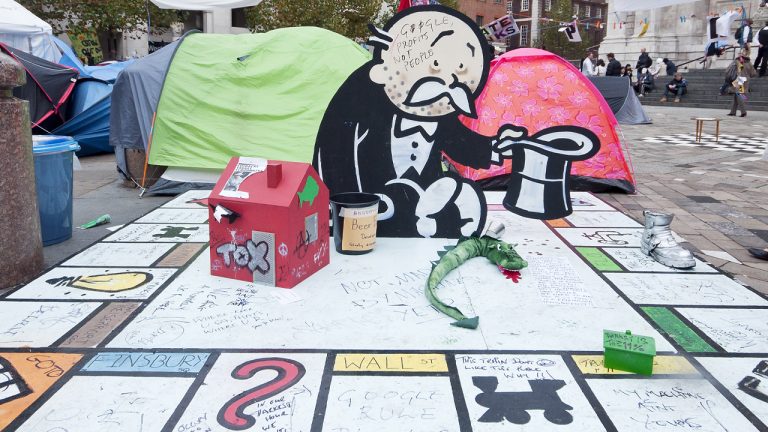
At around 7:30 a.m. ET, the price of bitcoin skyrocketed past the $27,000 range to a high of $27,025 per unit. Precious metals, or PMs, like gold and silver, also rose between 1.98% and 2.12% against the U.S. dollar over the past day. While many market observers are wondering why specific assets like PMs and cryptocurrencies have rebounded, a number of speculators suspect it’s because the U.S. central bank will now relax its monetary tightening policy.
4 Major Banks Bailed Out Following Silvergate Bank’s Collapse; Federal Reserve’s Easing Sparks Rebound in Cryptocurrencies and PMs
Last week, market investors witnessed four significant bailouts to save depositors stemming from Silicon Valley Bank (SVB), Signature Bank (SBNY), Credit Suisse, and First Republic Bank. All four financial institutions were bailed out with billions of dollars after a financial contagion spread across the U.S. banking system following the fall of Silvergate Bank. The bailouts, combined with speculation that the Federal Reserve will stop raising the federal funds rate and may even cut it, have fueled the values of precious metals and the cryptocurrency economy. The price of bitcoin (BTC) rose to $27,025 on Friday morning and the asset is currently changing hands for $26,517 per coin.
BTC is up 6.9%, and the second-leading cryptocurrency asset, ethereum (ETH), has risen 5% higher over the last day. A troy ounce of .999 fine gold is $1,959 per unit on Friday, up 1.98%, and an ounce of fine silver has increased by 2.12%, hitting $22.13 per unit. Market investors believe that the Fed is ‘back to printing money’ again, according to Phoenix Capital Research analyst Graham Summers. The analyst noted that the U.S. central bank has erased half of its quantitative tightening (QT) so far. Summers mentioned that what the Fed did in just five days was equivalent to more than two months of quantitative easing (QE) during the Covid-19 pandemic. Summers stated:
Now, technically much of this ($164 billion to be exact) came in the form of loans to banks. The banks will have to pay this back, so it’s not quite the same as Quantitative Easing (QE). Regardless, the key point is that the Fed is no longer shrinking its balance sheet … instead it is printing money. And not a little bit, but $300+ billion in a single week.
Intotheblock.com‘s (ITB) Onchain Insights newsletter this week notes that monetary easing policy may be contributing to the recent spike in risk assets. “Markets are seeing increased odds of interest rate hikes slowing down while liquidity increases,” ITB’s newsletter details. Market estimates suggest that the U.S. central bank will become dovish toward interest rate hikes, and some suspect the benchmark rate hike will be skipped this month. The Fed’s recent actions, taking just five days, have added to speculation that the money printer has been turned back on. ITB’s newsletter also references an article that says JPMorgan has stated the Fed could inject $2 trillion in liquidity after the creation of the Bank Term Funding Program (BTFP).
ITB researchers highlight what happened in 2020 and 2021 when “markets rallied as capital abounded.” The newsletter opines that a significant portion of 2022’s losses stemmed from QT and the Fed’s monthly rate hikes. “While it remains to be seen whether the liquidity injection from the BTFP will be as large as the $2T estimated, markets are likely rallying in anticipation of the ‘money printer’ being back on the table,” the ITB newsletter adds. Phoenix Capital Research analyst Summers also insists that the “next round of bailouts/easing/reflating the financial system is here” and further emphasized in his report that “this won’t end well.”
What do you think the Fed’s monetary policy changes will mean for the future of precious metals and cryptocurrencies? Share your thoughts in the comments section below.